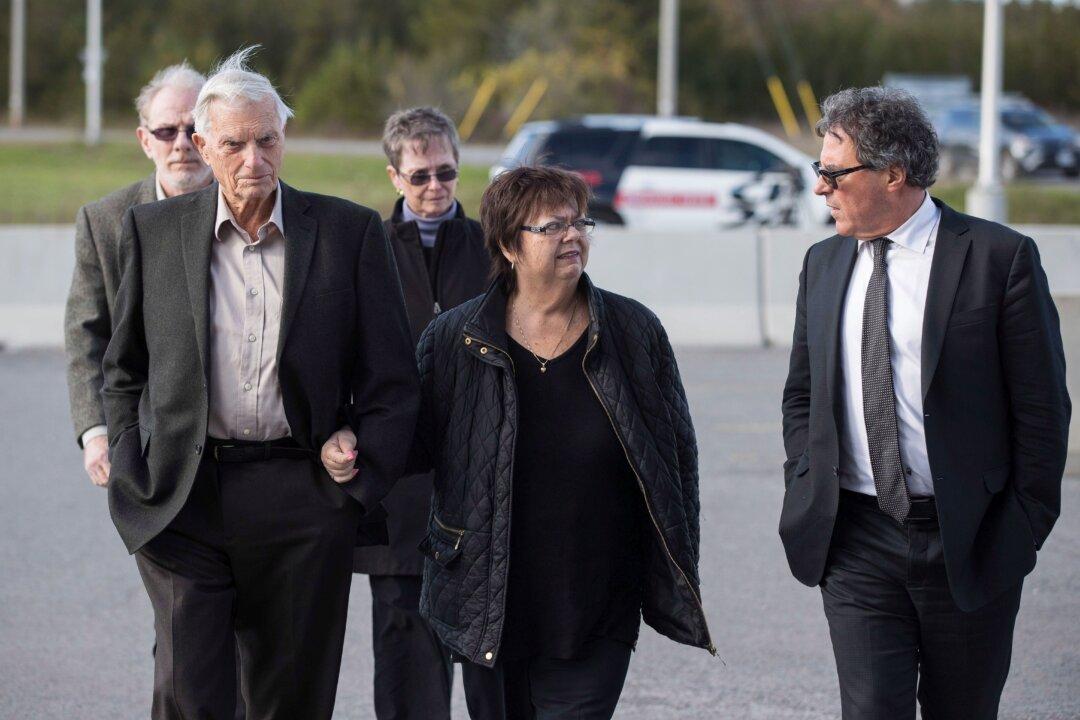The lawyer for the families of two of Paul Bernardo’s victims says that with Correctional Service Canada (CSC) not being forthcoming as to why it transferred the serial killer to a medium-security prison, it raises fears and speculation of a possibility that the federal agency may want to eventually release Bernardo at some point.
“I see this all the time, that there is a methodology of cascading through the system from maximum security, medium, then minimum security, to facilitate the offender’s chances of getting parole,” Tim Danson told CTV’s “Power Play.”





